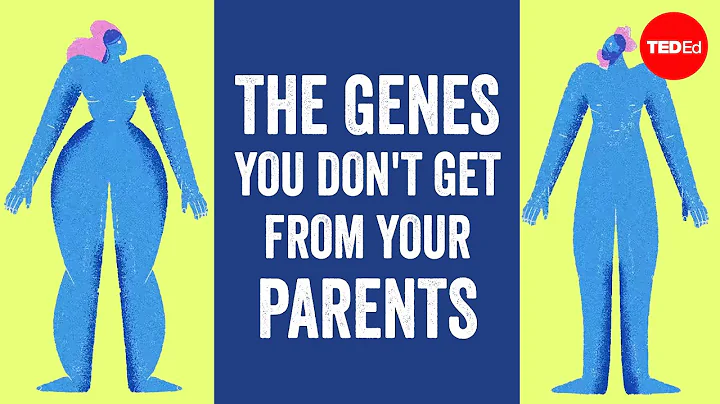Learn Chapter 7 today, where does children’s optimism come from.
There are four sources of pessimism: genes, parental pessimism, pessimistic evaluations from parents or teachers, and experiences of feelings of control and helplessness.
You can't change your child's genes, but you can change your own pessimism, change the way you criticize your child, and give your child a sense of control experience at the appropriate time. You can also teach your child directly about optimism skills.
Optimistic and positive parents will have positive children. Children of musicians often have certain musical talents. Alcoholic parents may have children who are addicted to alcohol. Children of geniuses are often very smart.

The most surprising finding in the twin studies is that 1/4 to 1/2 of each major personality trait is inherited from both parents. About 25% of
's optimistic and pessimistic scores are inherited. As parents and teachers, we must always think that repeated success may lead to children learning optimism. You should try your best to help your children continue to succeed after success. The right guidance can support and consolidate a child's optimism, while important positive experiences can solidify it.
Even if only part of your explanatory style is acquired from your parents, if you are a pessimist, you must change your own style and inadvertently impose your own explanatory style on the adult in your child. It’s not just parents, teachers and coaches also have a huge influence when they criticize their children because the things they are exposed to every day are directly related to their children’s success and failure. The way they criticize affects the child's view of the world. The child quickly adopts a certain explanatory style learned from the adult he admires and uses him to make comments. You should note that blaming failure on poor ability is very pessimistic, because ability is permanent.
Pessimistic interpretations of failure can make children afraid to try, tracking them down when faced with failure. Helpless positivity and optimistic positivity are to regard failure as a challenge, use actions to react and create hope.





















